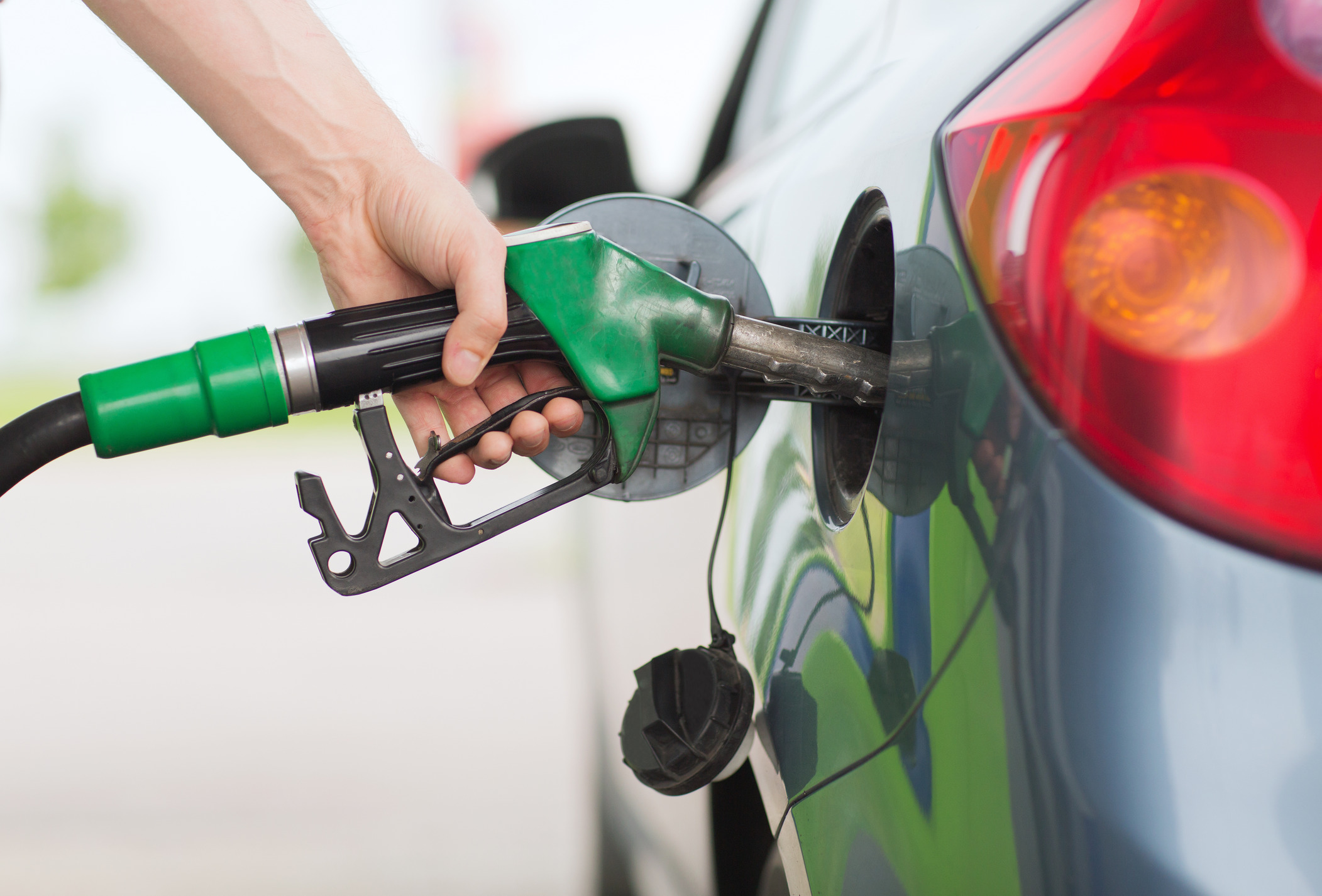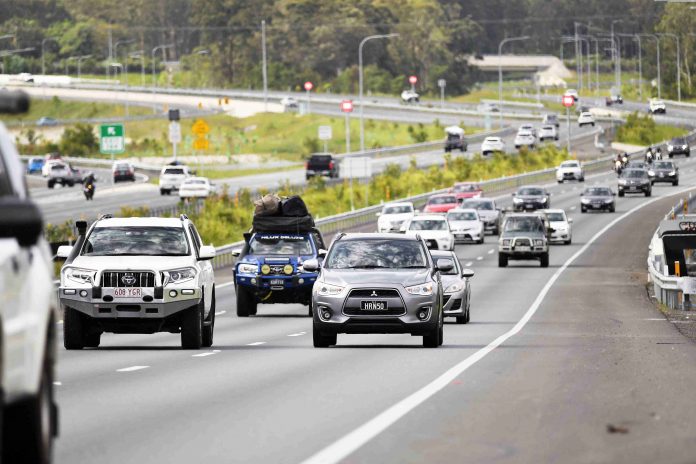Early results from a $14 million program to test the real-world efficiency of cars on Australian roads has found more than half use more petrol than lab tests indicate, with some exceeding promises by 13 per cent.
Two vehicles also produced more than double the carbon monoxide allowed in Australian lab tests, and one emitted more nitrogen oxide than allowed in labs.
The Australian Automobile Association (AAA) revealed the first results from the program last month after testing nine small and medium-sized SUVs.
The motoring body will test 200 petrol, diesel and electric vehicles over the next four years as part of the program, funded by the federal government.
Federal Transport Minister Catherine King said the early results showed why it was vital to test how vehicles performed on roads rather than just in laboratories.
“It’s important for Australians to have the best information available to choose the right vehicle for them,” Ms King said.
“By shining a light on the real-world emissions and fuel use of popular car models, this testing will continue to help Australians make more informed decisions about their next vehicle purchase.”
Of the nine vehicles tested in the program, the Toyota RAV4 and Hyundai Kona used 13 per cent more petrol than indicated in their lab results, with real-world tests showing the SUVs used 0.8 litres more for each 100km they travelled and produced higher carbon emissions.

The Mitsubishi ASX, Ford Puma and MG ZS used 8 per cent more petrol than lab tests showed, the AAA found.
Tests also revealed the Mitsubishi ASX and MG ZS released more carbon monoxide on the road than allowed in lab tests, while the Hyundai Tucson exceeded the lab limit for nitrogen oxide emissions on the road.
AAA managing director Michael Bradley said the results showed how much a vehicle’s performance could differ outside the lab and could encourage manufacturers to improve vehicle efficiency.
“It will drive down demand for models that over-promise and underdeliver,” Mr Bradley said.
“Australian families and fleet buyers can place their faith in the reliability of these these results and now buy vehicles safe in the knowledge that they have the information needed to fully understand a car’s running costs and environmental performance.”
The AAA, which represents state motoring clubs, began testing vehicles on a 93km route around the Victorian town of Geelong in August this year.
Vehicles are tested on urban streets, rural roads and motorways based on guidelines used in Europe, and rated according to their fuel consumption, carbon emissions, and production of nitrogen oxides, carbon monoxide, and total hydrocarbon.
Australia’s vehicle testing program follows a 2015 scandal involving Volkswagen in which the brand was discovered evading emission tests using software that recognised when its vehicles were being used in labs.
Do you have an opinion to share? Submit a Letter to the Editor at Sunshine Coast News via news@sunshinecoastnews.com.au. You must include your name and suburb.





